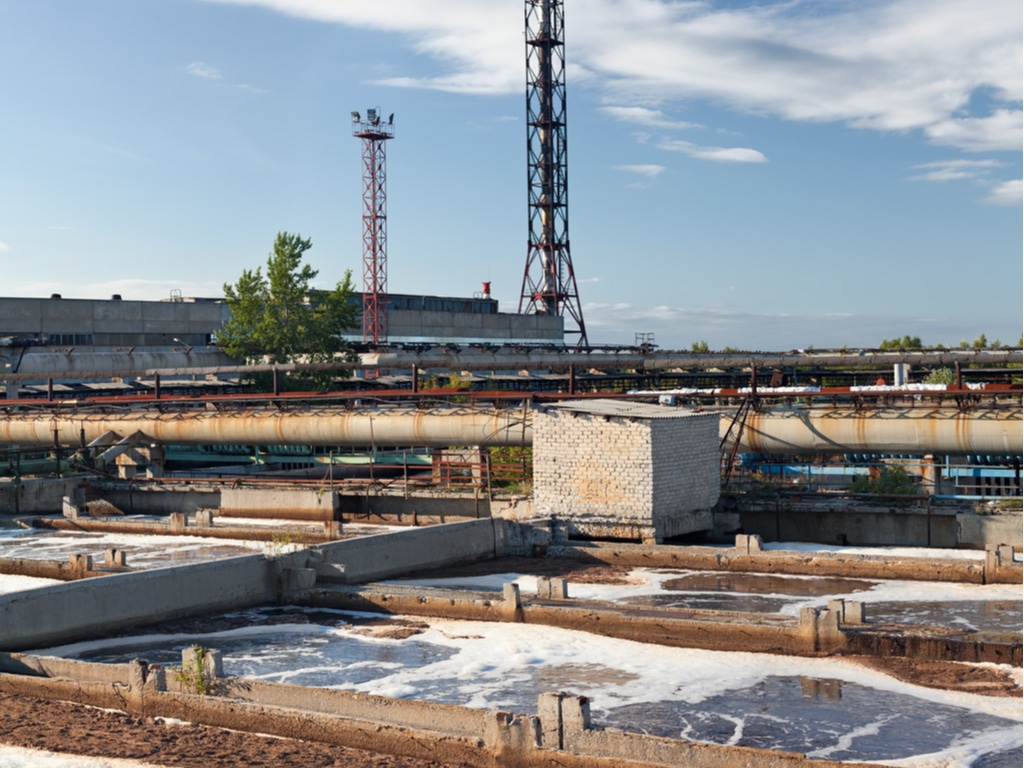The project launched by the Directorate of Water Resources (DRE) of the wilaya of Khenchela, north-eastern Algeria aims to address the malfunctions that impact the production capacity of the treatment plant of Khenchela. The public body has entrusted the execution of the works to Inter Enterprise. The Algerian company, a subsidiary of the Kherbouche family group, will modernize the defective installations allowing the plant to reach its initial capacity of 17,000 m3 per day.
Read also – AFRICA: Climate resilience, the salvation of agriculture and tourism
The Khenchela wastewater treatment plant has been operational since 2008. The treated wastewater from the plant is distributed to farmers for plantation irrigation. With water stress (a consequence of drought) intensifying in Algeria, it is necessary to rely on non-conventional water resources, especially since the Intergovernmental Panel on Climate Change (IPCC) still predicts significant heat waves, with longer dry seasons and shorter cold seasons in the coming years.
An investment of 1.1 million euros
In Khenchela, wastewater treatment will also contribute to the preservation of the resource against pollution. The DRE of the wilaya has given a deadline of 12 months to Inter Enterprise to complete the rehabilitation of the station Khenchela. To complete all operations, the Directorate of Water Resources of the wilaya of Khenchela has released 1.1 million euros, over 174.5 million Algerian dinars. After the reactivation of the treatment plant of Khenchela, there are now three plants of this type that will be operational in this wilaya.
Read Also – AFRICA: water, at the heart of the continent’s environmental challenges
Khenchela has two other wastewater treatment plants. The treatment plant of Kaïs which has a capacity of 7 200 m3 per day. The treated effluents are intended for the irrigation of about 300 hectares of agricultural land in the councils of Kaïs and Remila. The other functional facility is that of Sebikha, in the council of El Mahmal in Khenchela. The plant is capable of treating 6,300 m3 of wastewater per day. The resource is also intended for irrigation.
Inès Magoum
